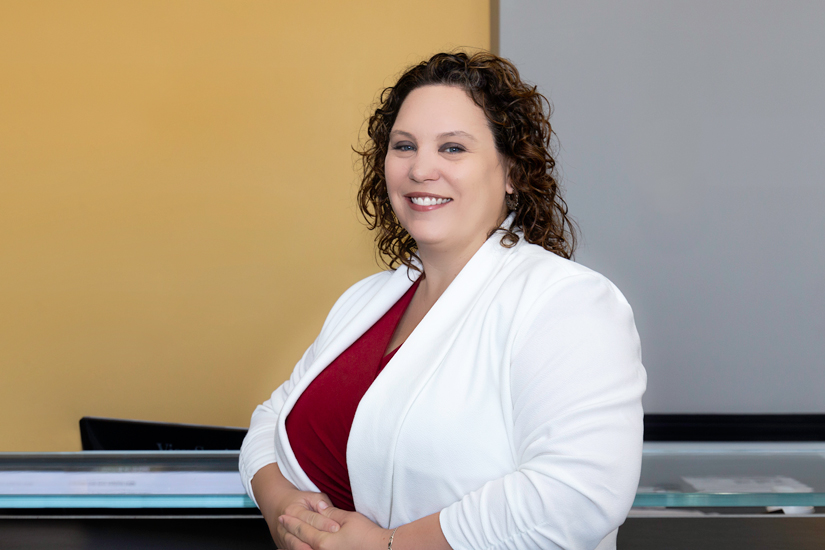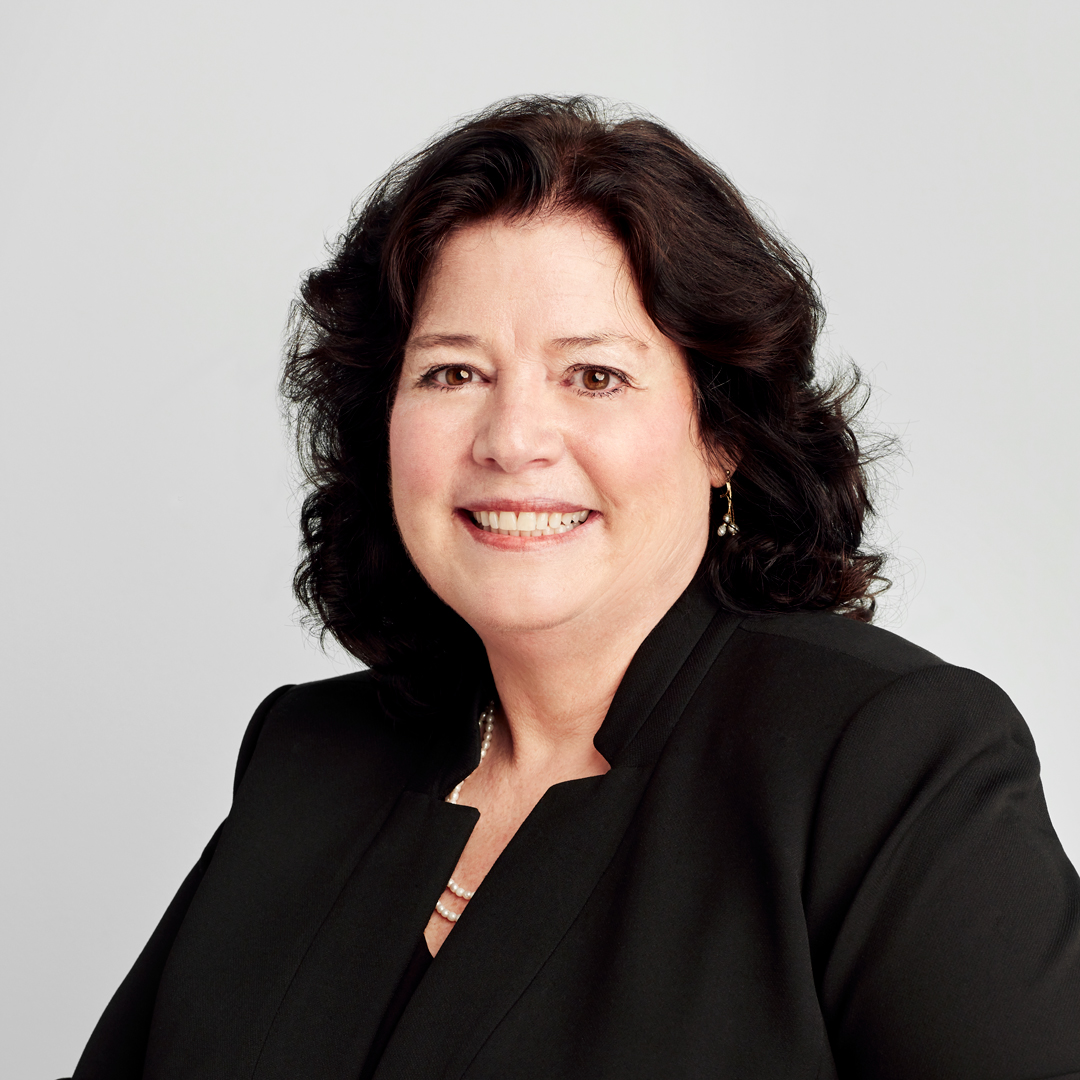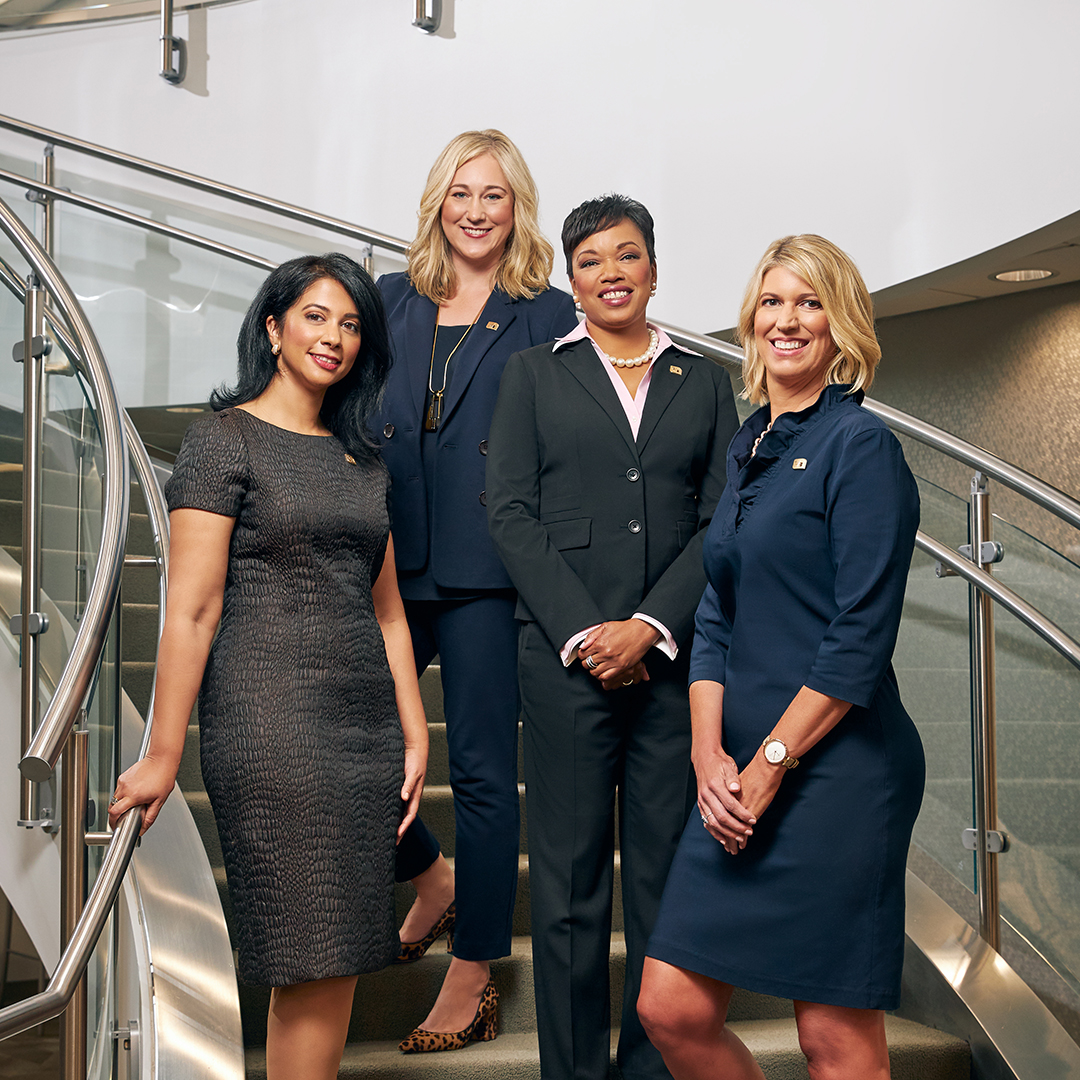Stanley Black & Decker combines generations of history in multiple legacy companies into a beloved and relied-upon Fortune 500 company. Its legacy and brand loyalty loom large, but organization leaders such as Kate Perry-Jones aren’t content to rest on those laurels.
As a vice president of human resources for Global Tools & Storage business, Perry-Jones ensures that Stanley Black & Decker remains at the cutting edge without sacrificing its history, ensuring the company’s place as an in-demand employer through efforts such as a women’s leadership program, global employee resource groups, and advanced diversity training. Throughout that scope, Perry-Jones has found that asking questions drives the work forward. “Rather than trying to be the one that knows everything, it’s a lot more empowering to ask questions that allows you to guide someone else in the right direction,” she says. “Sometimes we believe that we’re rewarded for all the things we know and do, and not necessarily for helping others unlock these amazing ideas or plans within their own world.
Throughout her career, Perry-Jones has honed the importance of always pushing for more information, asking one more question, and showing curiosity and an eagerness to listen—even as she’s become a more senior member of the organization. By doing so, she has found that she can better help both the organization and every employee.

That said, Perry-Jones has plenty of expertise of her own as well. In fact, she began her HR career as an administrative assistant during her last year of college. After completing an undergraduate degree in psychology and a graduate degree in human resources at Rutgers University, she quickly moved up the HR ladder. She swiftly put into practice the lessons she’d learned about becoming a true business partner from the human resources office. It helped, of course, that her then employer, Chevron, was equally interested in getting that contribution.
“You can do HR anywhere, regardless of the industry, as long as you are partnered with a company that believes in HR as an enabler and a business partner,” Perry-Jones says. Her career includes stops in financial services, the oil industry, and now manufacturing, and her skill set continues to grow and further solidify.
“Every human is diverse in some way, but if we don’t talk about those unique traits, then we also don’t help people communicate effectively, and they can’t have a bigger impact on business and really get to a better solution.”
The unifying factor across her past roles and companies, Perry-Jones explains, is an emphasis on integrity—a valued trait at Stanley Black & Decker, which was a big reason that she was drawn to join the organization as an HR manager in 2011. Moreover, the collaborative nature of the HR team at the organization held a lot of appeal.
“From my earliest roles, I worked a lot because I thought that was how I was going to achieve my goals and get to where I wanted to go,” she says. “But now I have the ability to leverage relationships and the strong team around me to ensure that we are all doing the work in the smartest, most efficient way.”
Beyond strengthening her own leadership skills, Perry-Jones’s work at Stanley Black & Decker enabled her to develop leadership skills in others. Beyond bringing the right people into the office in the first place, Perry-Jones sees her role as a unique opportunity to shape the way the entire organization works, helping unlock the best in the employees already at their desks.
That means, of course, that her job could change from moment to moment. “For example, am I here to be the subject-matter expert or am I here to coach folks to understand how to do something themselves?” she says. “I am not going to be the same type of leader in every situation, and being aware of that allows me to flex to whatever is being called for at that time.”
Lately, that flexing has been increasingly focused on initiatives aiming to boost diversity and inclusion at Stanley Black & Decker. President and CEO Jim Loree has inspired that focus as a way to continue to evolve into the next century of the company’s history. Perry-Jones and the Global Tools & Storage HR team started a diversity advisory board in North America in 2015, and that project has since been modeled across other locations.
Globally, the focus on diversity and inclusion has centered on listening and asking questions, true to Perry-Jones’s form. “We wanted to hear it directly from employees instead of putting efforts in place that were not going to be leveraged,” she says.
What has been the most fulfilling about your career?
Coaching others. It is amazing to watch leaders get promoted and move into bigger roles after being coached. I have become a better leader and mother since learning to coach. Once you learn to coach instead of doing all the work, you are given the gift of time. Leaders as coaches can achieve so much and help shape the future of the workforce.
In that time, they’ve also started nine employee resource groups, including a women’s leadership program, which has since extended across all of Stanley Black & Decker. “By supporting employees and providing a framework of what these organizations should look like, we’ve really allowed people to organize and mobilize very quickly,” Perry-Jones says.
To accelerate female development at the director and vice president levels, Perry-Jones and her team partnered with Sherpa Executive Coaching to implement a three-day program where female leaders network, share experiences and best practices, receive coaching themselves, and eventually change the culture.
“People now have a voice to female advocates at the more senior levels,” she says. “These women were now connected to about forty more women leaders. This cross-networking helps the individuals but also allows for much more connection between divisions.”
Other employee resource groups for working parents, the Latino community, the Asian heritage network, African ancestry communities, veterans, and more have been equally successful, spreading resources to those that need it most. Perry-Jones and her team have worked with these groups to push for further inclusion efforts as well, teaching the Stanley Black & Decker community that hiring a diverse workforce isn’t enough. By working through unconscious bias and embracing the unique traits of every worker, the entire organization benefits.
“Every human is diverse in some way, but if we don’t talk about those unique traits, then we also don’t help people communicate more effectively. The better the communication, the bigger the impact on business and the better the solutions,” Perry-Jones says. “Meeting people where they are with new tools can really make our inclusion and diversity function beneficial for the business and for the world in general. By conducting inclusion focus groups, we are truly teaching our leaders what inclusive leadership looks like.
“We’re asking them for one thing they can go back to their desk that day and do differently so that we can start to impact people at all levels within the organization.”

